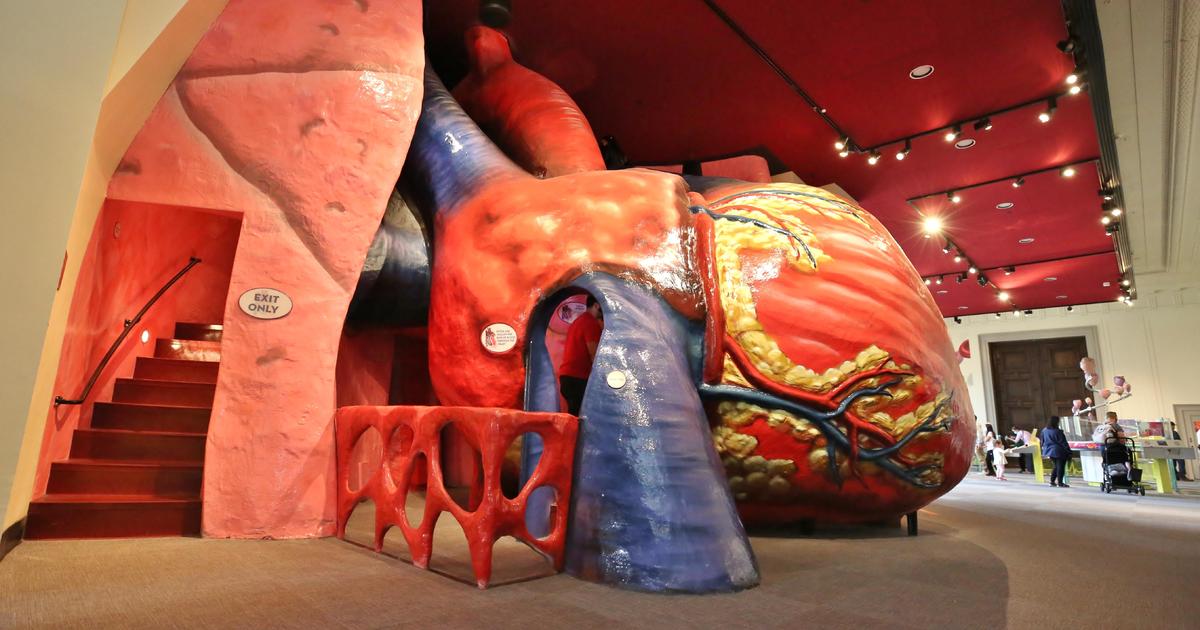Doctors Warn Summer Solstice Could Cause Issues For Those Who Suffer With Sleep Problems
Follow CBSPHILLY Facebook | Twitter
PHILADELPHIA (CBS) -- The Summer Solstice on June 21 is the longest day of the year, which means extra time to enjoy the summer sun. But doctors are warning that it could cause trouble for the millions of people who suffer with sleep problems.
Tiffany Rittenhouse works at Jefferson Dermatology and suffers with insomnia herself.
"I never feel rested and you just feel miserable all day," Rittenhouse says. For the millions like Rittenhouse, who need as much darkness as possible to sleep, the Summer Solstice could be especially troublesome.
"As soon as I see the light, I'm up," said Rittenhouse.
Sunrise will be at 5:32 a.m. in the Philadelphia region and 15 hours later the sun will set at 8:32 p.m. It's a lot of daylight, which reduces production of the hormone melatonin that regulates sleep.
"Light antagonizes melatonin", says Dr. Karl Doghramji, medical director of the Jefferson Sleep Disorders Center. He says stress and other things can also interfere with sleep, but the extra dose of sunlight that comes with the solstice can make insomnia even worse.
"Because of that we don't sleep as well. Melatonin is important for sleep but it is not being secreted until later into the night." Dr. Doghramji says.
He says shutting out as much light as possible will help. And it might sound strange, but Dr. Doghramji also recommends wearing sun glasses in the early evening until it gets really dark because that will help stimulate melatonin.
"We're already not sleeping enough because of work and other demands and now because of all the light in the environment we're sleeping even less, building up even more daytime sleepiness," he said.
Experts say generally because of the extra daylight people sleep less in the summer.



